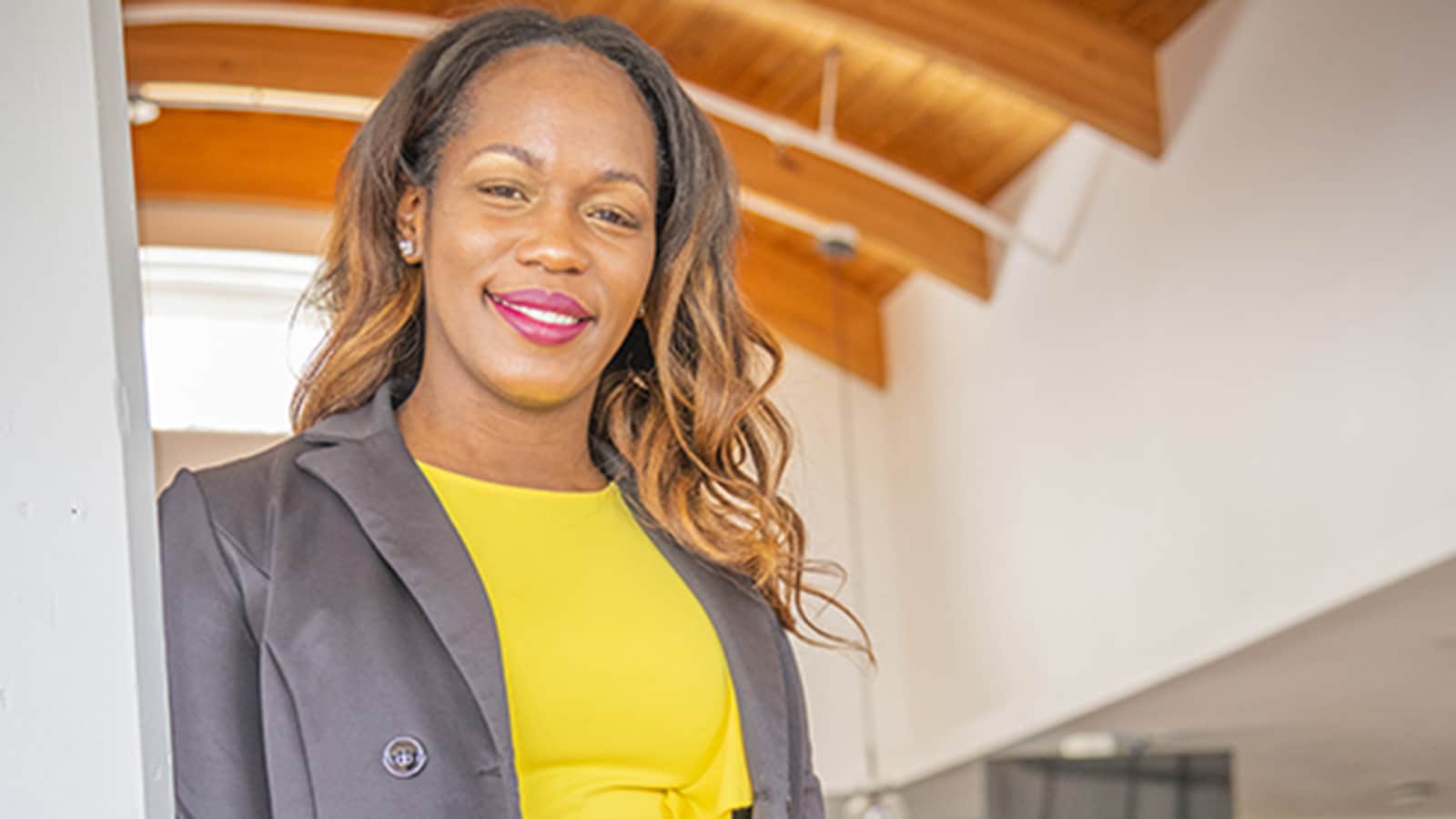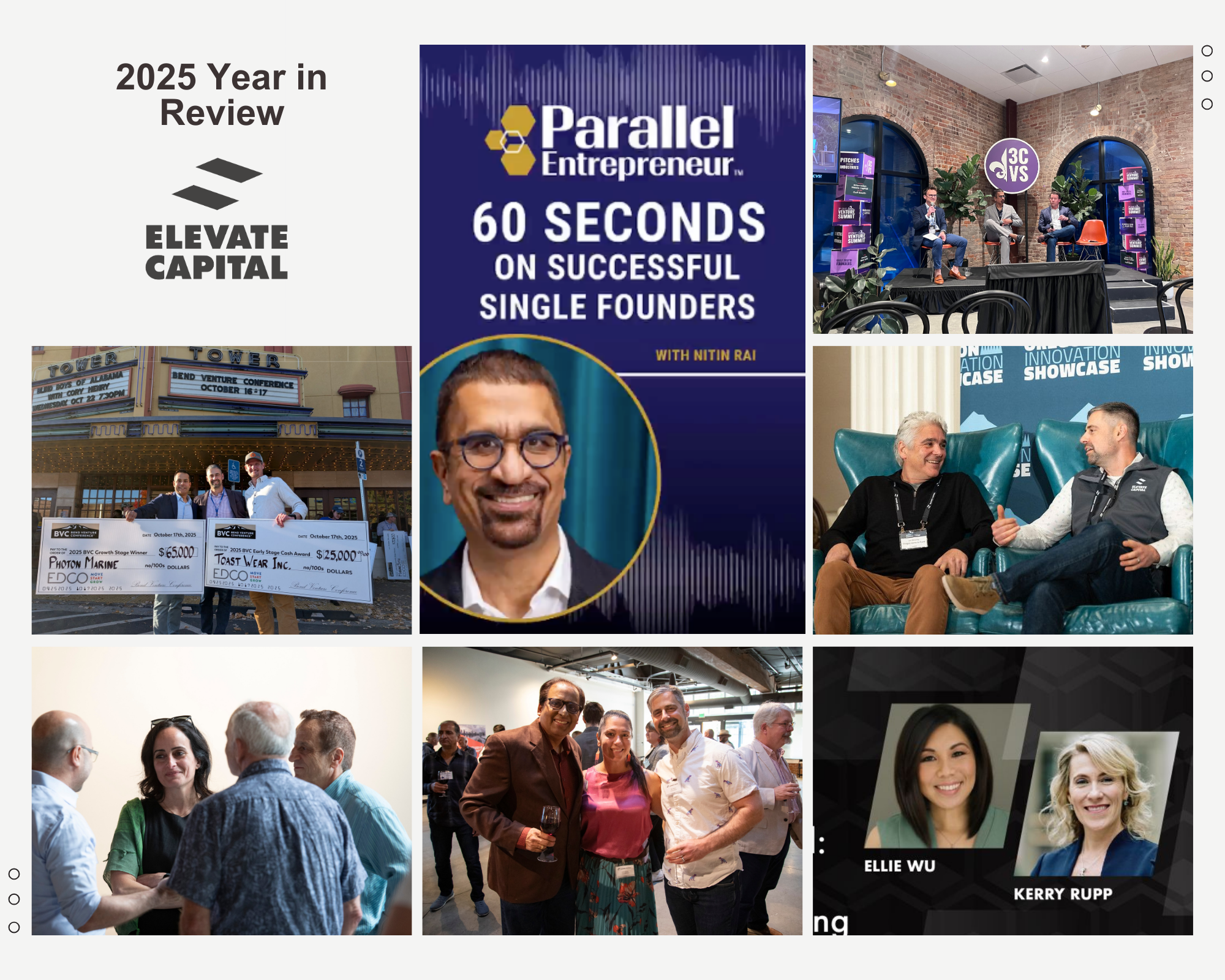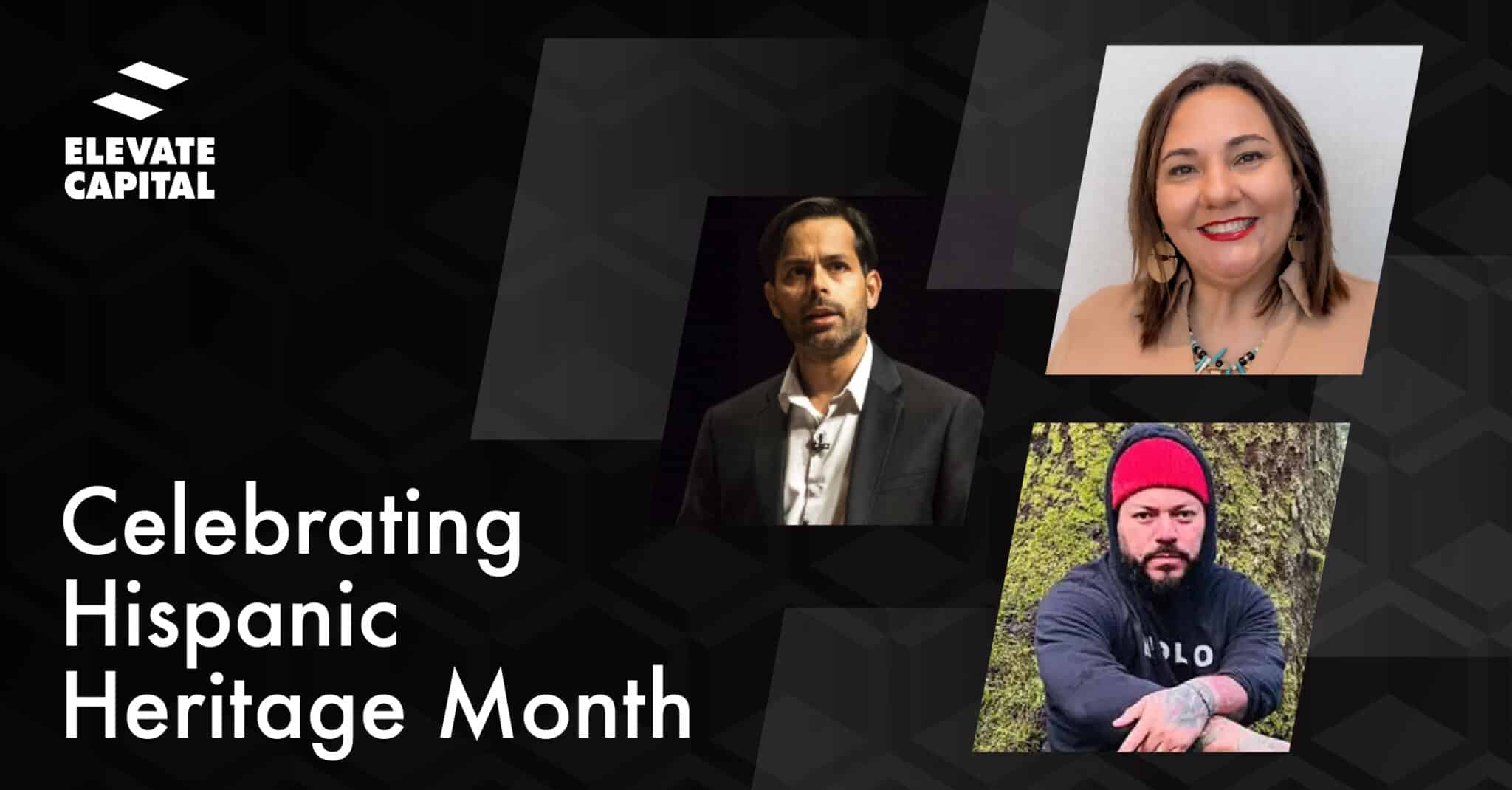Obatala Sciences is a biotechnology company that offers research enabling products and brainpower to scientists in industry and academia. Trivia Frazier, Ph.D., MBA, Co-Founder, CEO and President of Obatala Sciences, is on a mission to promote diversity to advance the study and prevention of diseases in the fields of obesity, diabetes, tissue engineering, and regenerative medicine.
Get motivated by Trivia’s entrepreneurial vision to change and disrupt the biotechnology industry to improve the quality of life for all patients, regardless of ethnic background.
What inspired you to start Obatala Sciences?
My inspiration to start Obatala Sciences is different from my inspiration to keep the company going. I started Obatala with the desire to see my research translated from the bench to the market and being put to good use.
Now, I am motivated to live in a world where researchers rely on more accurate data to make more informed decisions about their therapies before testing them in animals.
I’m motivated to reduce the number of animals we are testing on (and sacrificing) each year, and I am hopeful that the outcomes yield safer, less expensive, more efficacious drugs for some of the metabolic diseases that have impacted my community so devastatingly.
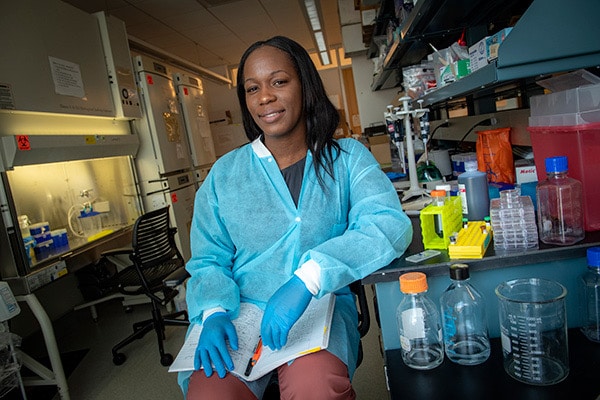
Trivia Frazier, Ph.D., MBA, Co-Founder, CEO and President of Obatala Sciences
During the early stages of Obatala Sciences, what was the impossible challenge?
During the early stages of Obatala Sciences, we faced many impossible challenges. The top challenge was identifying local partners who could serve as our suppliers.
The concept of recycling discarded medical tissue for research purposes was not a foreign one, but processing that material to sell it to researchers to advance the field was not initially received well.
This is particularly important in the face of Henrietta Lacks’ legacy, who passed away in 1951 at age 31 of cervical cancer. Henrietta Lacks was an African American woman whose cancer cells are the source of the “HeLa” cells (named from the first two letters of Henrietta’s first and last name). HeLa is the first immortalized human cell line and one of medical research’s most important cell lines.
We had to do a bit of education for our potential partners and other stakeholders so that they would know our process, and that we uphold the highest standards of integrity in research, even as a business.
What are some of the biggest challenges you’ve faced during the past two years, and how did you overcome them?
The past two years have been filled with unexpected events. The first challenge was the COVID-19 pandemic, as New Orleans was among the first to have a peak of incidence in the country. We used that time to focus more of our efforts on marketing our products and services. We strengthened our pipeline of channel partners (vendors), increased the visibility of our products, and worked on increasing accessibility for our customers.
We were forced to have more of our operations virtually. We learned that there is an opportunity to connect with our customers through this mechanism and continue operations in this manner. This has helped us identify areas to increase operational efficiency moving forward. As a result, we have built relationships with some of the world’s top pharmaceutical companies.
Another challenge was identifying capital to support our needs for growth in a region that is not traditionally known for biotechnology. We were able to connect with some very caring and savvy business professionals in the local area who believe in what we’re doing, and our potential impact on the world. One of our investors is the team at Elevate Capital.
What are two “aha” moments you’ve experienced as an entrepreneur since you first started Obatala Sciences?
The most notable “aha” moment was realizing that everyone won’t believe in or understand what we’re doing fundamentally. This came after an investor told me that “minority investing is not their thing.”
I realized then that although we are promoting the representation of all demographics in research, including age, gender, body mass index, disease state, and ethnicity, what people heard was not always the same thing as what we were pitching. This is partly because I am an African American woman. The automatic assumption is that I mean representation for Black people alone, simply because I’m Black.
The second “aha” moment came about more recently when discussing our product development pipeline with our executive team. The realization is that we don’t need the top influencing institution in the world to dictate using our products for us to be successful. We just need a large percentage of our target customers to believe in them and routinely buy them.
Customer loyalty creates market share in our field more strongly than in others. This is how the dominant player has been around for decades, and it’s how we will replace them.
Any rituals that help you stay healthy and productive?
In the morning, I meditate and read the Bible. It helps to keep me centered, energized, prepared, and ready for the day.
I have three young children, so I also make sure that I am fully present when helping them do their homework in the afternoons. I’ve found that engaging in activities that are not directly associated with work helps break up the monotony and allow me to focus my energy on me, my environment, and remember why I am doing this every day.
What challenges do underserved entrepreneurs need to overcome?
Underserved entrepreneurs have a tough set of hurdles to overcome! Some of those hurdles are associated more with incorrect perceptions about who we are and what motivates us. Others are coming from a place of fear and ignorance because having underserved entrepreneurs in STEM or “deep tech” is uncommon.
Some of those challenges include proving that we are equally as intellectually apt as our counterparts. Others include overcoming the skepticism that we are unfit to be in leadership roles because of what is presumed to be our background.
This translates to concrete measures of impact on our ability to secure working capital to support our growing company’s needs and access to resources necessary to conduct proof of concept studies.
The one thing that has helped me is partnering with other like-minded individuals who are willing to work across barriers of demographics to get a common goal accomplished. Leveraging the resources from economic development agencies within our region has also been a substantial help.
Lastly, having real, honest conversations with people who have overcome these obstacles helped us gain perspective. We have a difficult path, but it is different from the path of those before us.
Discrimination against underserved communities is not new, yet we can point to so many inventors and entrepreneurs in our communities who helped to shape the world and improve the lives of millions of people. This is noteworthy and encouraging.
Describe your venture capital experience with the Elevate Capital team.
It is very important that we choose the right investors. Our space is very different from that of traditional tech and even medical tech. We are not manufacturing therapeutics, and we are not making widgets.
The Elevate Capital team immediately understood the challenge that we have as a Life Sciences company operating outside of Boston, San Francisco, or any of the other major hubs that are saturated within our sector.
Elevate Capital brings a level of sophistication that enables an understanding of where the opportunities are for us to grow. Even more, they continue to understand some of the challenges that I face as a Black woman who is a CEO, Founder, and President of a Biotechnology company.
How important is a strong venture capital mentorship experience, and how does it impact a startup’s success?
The mentorship experience is important, and the mentorship match is also crucial to startup success.
Quite often, there are assumptions made about underserved founders, that all of us need to start from the basics of covering the business model canvas. And that all of us need a startup accelerator with small amounts of cash to say that we’re investment-ready. That is not true for all founders and certainly not true for all founders in underserved communities.
Recognizing what level of readiness and what type of mentorship is critical. Elevate Capital was able to identify that and get to the core of our needs. I truly value that, because I don’t like to waste my time or anyone else’s time going over the same concepts!
How has networking helped your business?
Networking is at the core of the business. Being able to form new relationships and expand on existing relationships is a skill that helps the founders and helps to identify opportunities of exploration for our business, like any other business.
We have been able to identify some key resources to help us strategize around intellectual property, marketing, and sales from networking. This has contributed to our growth to this stage.
If you were in an elevator with another aspiring entrepreneur, what lasting advice would you give them?
I would advise any aspiring entrepreneur to remain encouraged and don’t forget why you decided to take this path. The reward is not given to the swift nor the strong but to the person who endures.
Follow Trivia Frazier on LinkedIn
Photos provided by Trivia Frazier.
